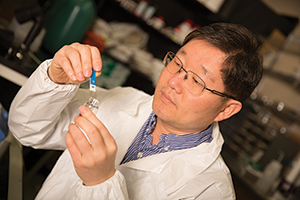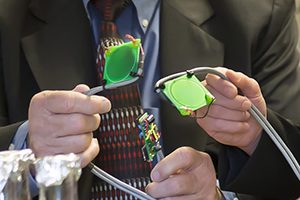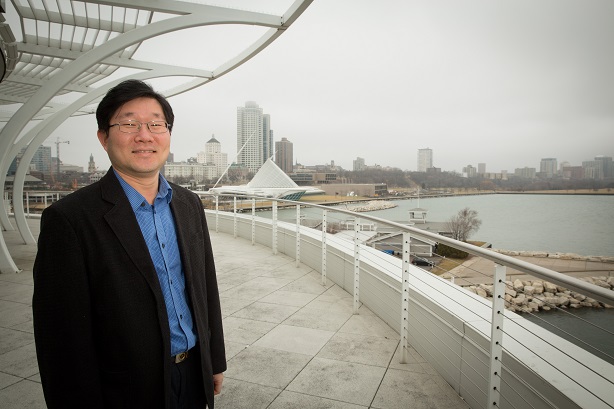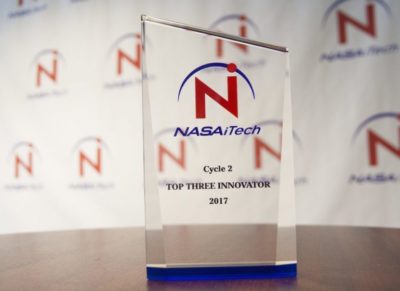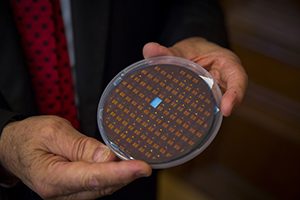UWMRF Announces $180,000 in Catalyst Grants
Catalyst Grant Program, Drug Discovery, Engineering, Healthcare, News, Partnerships, Startups, UWMRF Events, Water
08/21/2023
Advancements in electric vehicle battery packs, cancer treatment, antibody purification, and lithium extraction methods were all among the projects funded through this year’s UWM Research Foundation Catalyst Grant program. A total of $180,000 is being awarded thanks to the support of the Lynde and Harry Bradley...
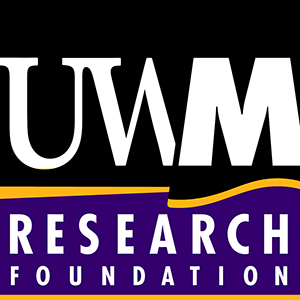
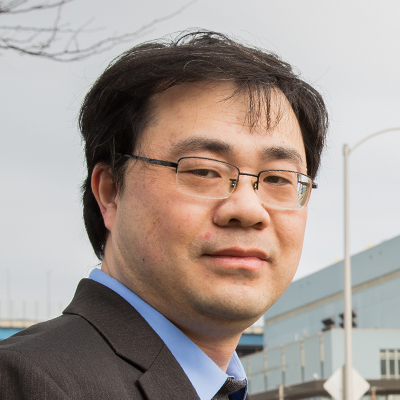
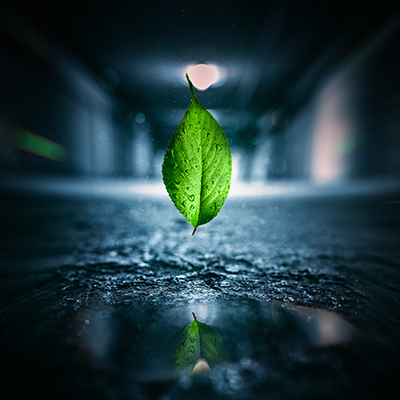
 From
From 